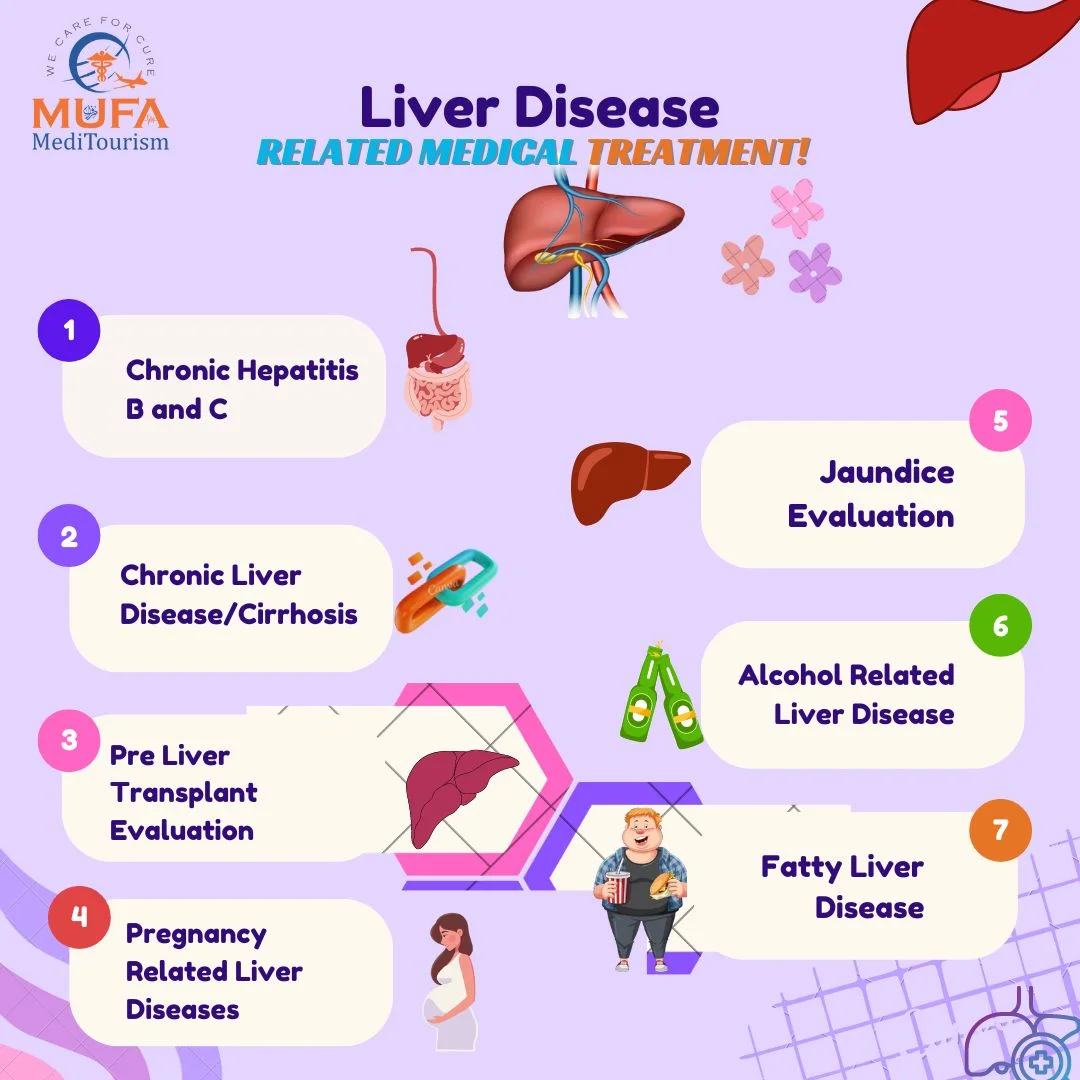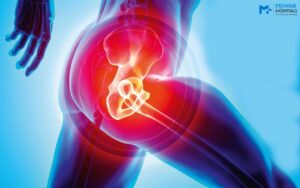Liver diseases pose a significant health challenge globally, affecting millions of individuals. However, with advancements in medical science, there are now numerous treatment options available to address various liver conditions. For those seeking the best liver disease treatment options in Delhi, India, this comprehensive guide offers valuable insights into common liver diseases, treatment approaches, and the top hospitals in the city.
Understanding Liver Disease:
The liver, a vital organ in the human body, plays a crucial role in detoxification, protein synthesis, and metabolism regulation. When the liver becomes diseased or damaged, its ability to perform these essential functions is compromised, leading to a range of health complications.
Common Liver Diseases and Treatment Options:
1. Chronic Hepatitis B and C: Chronic viral hepatitis infections, particularly Hepatitis B and C, can cause progressive liver damage over time. Antiviral medications are often prescribed to manage these infections effectively. Leading hospitals in Delhi, such as the Institute of Liver and Biliary Sciences (ILBS) and Max Super Specialty Hospital, Saket, offer specialized treatment programs for chronic hepatitis patients.
2. Chronic Liver Disease/Cirrhosis: Chronic liver disease, characterized by long-term liver damage and scarring (cirrhosis), requires comprehensive management to control complications and prevent further progression. Treatment may include medications, lifestyle modifications, and minimally invasive procedures. Hospitals like BLK Max Super Specialty Hospital provide advanced facilities for managing cirrhosis effectively.
3. Pre-Liver Transplant Evaluation: For individuals with end-stage liver disease, liver transplantation may be the only viable treatment option. Renowned transplant centers in Delhi, such as Manipal Hospital, conduct thorough pre-transplant evaluations to assess patients’ suitability for transplantation surgery.
4. Jaundice Evaluation: Jaundice, characterized by yellowing of the skin and eyes due to elevated bilirubin levels, requires prompt diagnosis and appropriate treatment. Hospitals like Indraprastha Apollo Hospital specialize in diagnosing the underlying causes of jaundice and providing tailored treatment plans.
5. Alcohol-Related Liver Disease (ARLD): Excessive alcohol consumption can lead to liver damage and necessitate specialized treatment, including alcohol cessation, medication management, and, in severe cases, liver transplantation. Delhi hospitals offer comprehensive rehabilitation programs to support individuals struggling with alcohol dependence.
6. Fatty Liver Disease: Fatty liver disease, characterized by the accumulation of fat in the liver, often requires lifestyle modifications such as weight loss, dietary changes, and regular exercise. Hospitals in Delhi have experienced nutritionists and hepatologists who can devise personalized treatment plans for patients with fatty liver diseases.
7. Liver Cancer: Liver cancer, whether primary or secondary, demands prompt diagnosis and appropriate treatment modalities such as surgery, radiation therapy, chemotherapy, or targeted therapies. Fortis Escorts Heart Institute in Delhi is equipped with advanced technology for precise cancer diagnosis and treatment.
8. Pregnancy-Related Liver Diseases: Certain liver conditions, such as HELLP syndrome and acute fatty liver of pregnancy, can occur during pregnancy and require specialized obstetric and hepatological care. Hospitals in Delhi with dedicated departments for obstetrics and hepatology offer comprehensive care for pregnant women with liver issues.
9. Hepatic Coma and Management: Hepatic coma, a life-threatening complication of severe liver disease, necessitates immediate medical intervention to manage the underlying cause and support liver function. Critical care specialists at Delhi hospitals provide advanced life support measures to manage hepatic coma effectively.
10. Hepatitis and Its Management: Hepatitis, characterized by liver inflammation, can result from various factors such as viral infections, toxins, or autoimmune diseases. Treatment for hepatitis varies depending on the specific type, with Delhi hospitals housing experienced hepatologists who offer personalized treatment plans tailored to each patient’s needs.
Top Hospitals for Liver Disease Treatment in Delhi:
Institute of Liver and Biliary Sciences (ILBS): ILBS is a premier institute dedicated to comprehensive liver care, offering advanced diagnostics, medical and surgical management, and liver transplantation services.
BLK Max Super Specialty Hospital: Renowned for its advanced gastroenterology and hepatology department, BLK Max Super Specialty Hospital provides cutting-edge treatment for various liver diseases.
Max Super Specialty Hospital, Saket: Max Hospital’s dedicated liver transplant program and comprehensive treatment options make it a top choice for liver disease patients in Delhi.
Manipal Hospital: With a focus on holistic liver care, Manipal Hospital boasts a team of skilled specialists and advanced technology for liver disease diagnosis, treatment, and transplantation.
Indraprastha Apollo Hospital: Known for its expertise in gastroenterology and hepatology, Indraprastha Apollo Hospital offers specialized care for patients with liver diseases.
Fortis Escorts Heart Institute: Fortis Escorts Heart Institute provides advanced cancer care options, including treatment for liver cancers, utilizing minimally invasive techniques for optimal outcomes.
Conclusion:
Living with liver disease can be challenging, but with the right medical care and treatment, patients can effectively manage their condition and improve their quality of life. Delhi, India, is home to several world-class hospitals, equipped with state-of-the-art technology and experienced medical professionals, making it a preferred destination for individuals seeking top-notch liver disease treatment. Early diagnosis, personalized treatment plans, and access to specialized care are essential factors in ensuring positive outcomes for patients with liver diseases.




